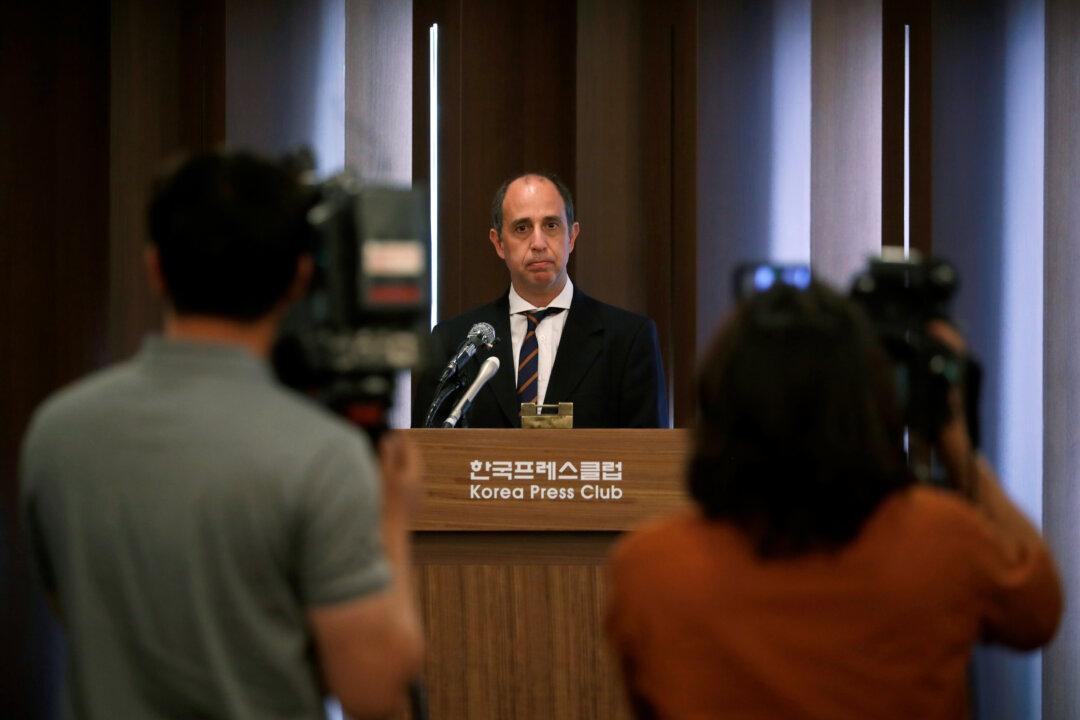SEOUL–China should not repatriate the increasing number of North Korean escapees it has arrested in recent months, because severe punishment faces those sent home, a U.N. human rights investigator said on June 21.
At the time, the Chinese foreign ministry told Reuters it was not aware of any arrests. Activists and lawyers say there is no sign yet that the North Koreans have been deported.
“Information suggests China may have recently strengthened the search for North Korean escapees in collaboration with the government of North Korea,” said Tomas Ojea Quintana, a U.N. special rapporteur for human rights in North Korea.
“Repatriated North Koreans are at great risk of serious human rights violations, including torture,” Quintana told reporters in the South Korean capital of Seoul.
“The government of North Korea criminalizes those who cross the border irregularly.”
Quintana said he had raised concerns over the fate of North Korean escapees detained in China, and discussed the issue with South Korean officials during his trip to Seoul.
Quintana displayed an old lock that he had been given by a boy who escaped from North Korea.
“He gave me this lock as a symbol of the need to open up the country,” Quintana said.
The United Nations has previously raised concern over North Korea’s continued use of political prison camps, and Quintana said people “live in fear of being sent to them”.
The North Korean government plays a role in exacerbating the country’s food shortages, he added.
North Korean officials have adopted “failing economic and agricultural policies,” including central rationing systems plagued by shortcomings and discriminatory allocation, he said.
Climate conditions, infertile land, and the negative impact of sanctions had contributed to food insecurity, Quintana said.
“At the same time the government is not developing conditions where people can securely access food through markets without being criminalized.”
He said he supported the reopening of the Kaesong industrial complex in North Korea, which was a joint economic project with South Korea that has been shut down for several years.
The jobs provided to North Koreans at the factories there improved employees’ lives and as a human rights matter, the project should be reopened, Quintana said.





